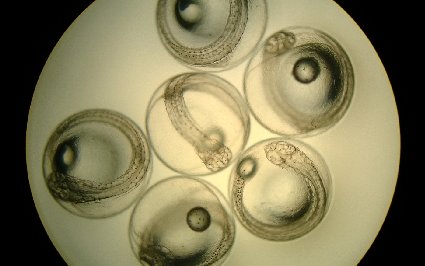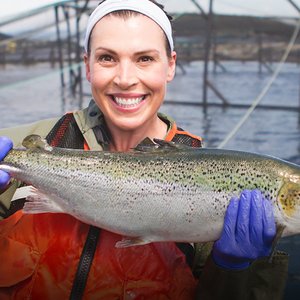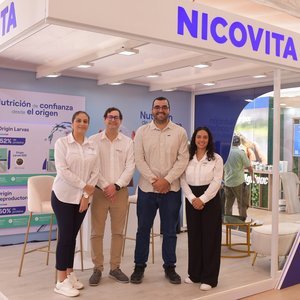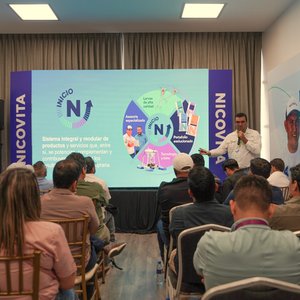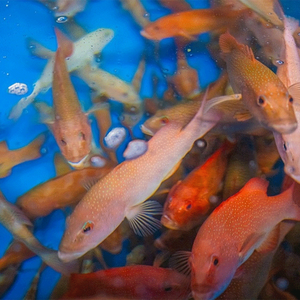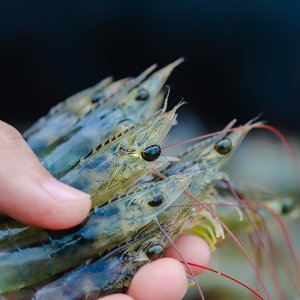Chilean researchers from the FAVET-Inbiogen Laboratory of the University of Chile described the complete genome of yellowtail amberjack (Seriola lalandi) for the first time, in the frame of the Strategic Technological Program led by Acuinor and supported by CORFO. The program aims to implement a genetic improvement program based on characteristics of productive importance and achieve a growth increase of at least 25% in RAS systems.
After more than a decade of R&D, Acuícola del Norte (Acuinor), which is building the first commercial land-based farm of Seriola lalandi in the Chilean coast of the Atacama Desert, achieved important advances in the genetic improvement program, which will allow greater profitability in the RAS farming, including lower consumption of feed and faster and more sustainable growth.
According to Víctor Martínez, researcher at FAVET-Inbiogen laboratory of the University of Chile, “this is the first breeding program of its kind for this species, so it was necessary to start investigating from the basic genetics of the species. We have developed a fully valid genotyping platform that has been tested in various populations of yellowtail amberjack internationally, being effective in capturing genetic variability in the whole genome. This allowed the development of a reference genome not available at that time level and the linkage maps that describe the chromosomes of this species.”
This information will improve inbreeding rates by more than half of what was expected through the application of conventional techniques. In addition, at least a 25% greater response of characters associated with robustness and growth is expected, which will allow a profitability increase and lower feed consumption, key factors for the competitiveness of this species farming.
According to Martínez, within the framework of this work, researchers also developed a sexing tool that has been tested in New Zealand and Australian populations of yellowtail amberjack with an allocation percentage higher than 95%. This tool, essential for the management and determination of parameters associated with reproductive aspects of males and females, is unique and there is no similar technological development in other countries, which has allowed the internationalization of the Seriola Program.
ACUINOR develops yellowtail amberjack farming with its own capital and the support of CORFO, through the execution of a series of R&D projects and the Chilean Aquaculture Diversification Program and the Strategic Technological Program for the Development of On-growing Technologies.


